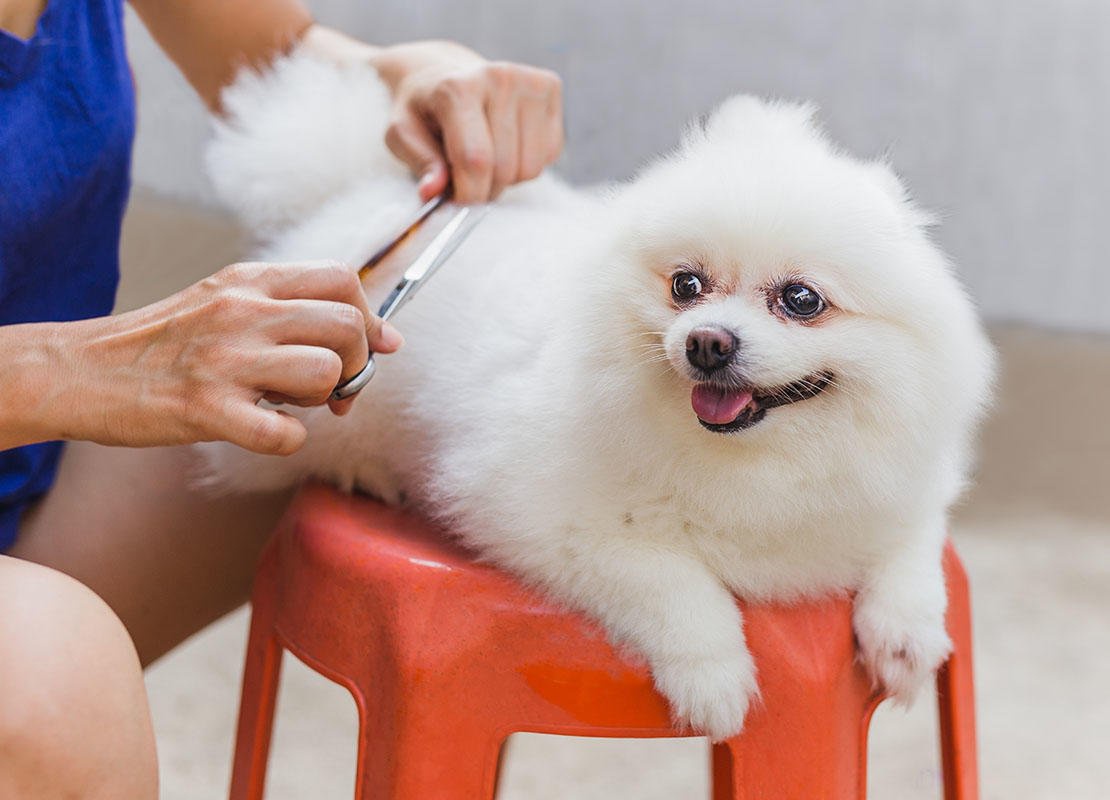Welcoming a furry friend into your home is an exciting adventure, but a well-trained dog makes the journey even more enjoyable. Here's a concise guide to effective dog training:
1. Start Early:
Begin training your pup as early as possible. Young dogs are more adaptable and tend to learn faster. Establish a routine for feeding, potty breaks, and playtime to create a structured environment.
2. Positive Reinforcement:
Reward good behavior with treats, praise, or affection. Positive reinforcement strengthens the connection between desired actions and positive outcomes, motivating your dog to repeat those behaviors.
3. Consistency Matters:
Consistency is the key to successful training. Use the same commands and cues consistently, and ensure that everyone in the household follows the same rules. Dogs thrive in predictable environments.
4. Basic Commands:
Teach fundamental commands such as sit, stay, come, and leash manners. These commands not only enhance safety but also lay the foundation for more advanced training.
5. Be Patient and Understanding:
Dogs, like humans, take time to learn. Be patient and understanding during training sessions. Avoid punishment and focus on redirecting undesired behavior towards positive alternatives.
6. Socialization Skills:
Expose your dog to various people, environments, and other animals to promote socialization. This helps prevent behavioral issues and ensures your dog is comfortable in diverse situations.
7. Use Appropriate Tools:
Choose suitable training tools, such as collars, leashes, and toys. Ensure they are appropriate for your dog's size, breed, and temperament. Tools should aid in training without causing discomfort.
8. Regular Exercise:
Provide your dog with ample physical and mental exercise. Regular walks, play sessions, and interactive toys help release excess energy, reducing the likelihood of boredom-related misbehavior.
9. Seek Professional Guidance:
Consider enrolling in obedience classes or consulting with a professional dog trainer. Their expertise can address specific challenges and provide guidance on effective training techniques.
10. Stay Positive:
Maintain a positive attitude throughout the training process. Celebrate small victories and milestones, creating a positive and rewarding experience for both you and your canine companion.
Incorporating these training principles into your daily routine will transform your pup into a well-mannered and delightful companion. Remember, a well-trained dog not only brings joy to your home but also strengthens the lifelong bond between you and your four-legged friend.


No comments yet